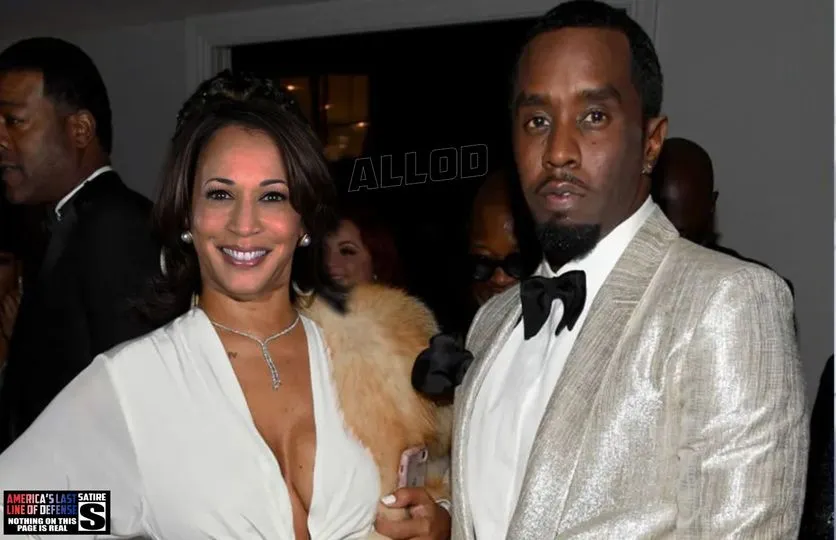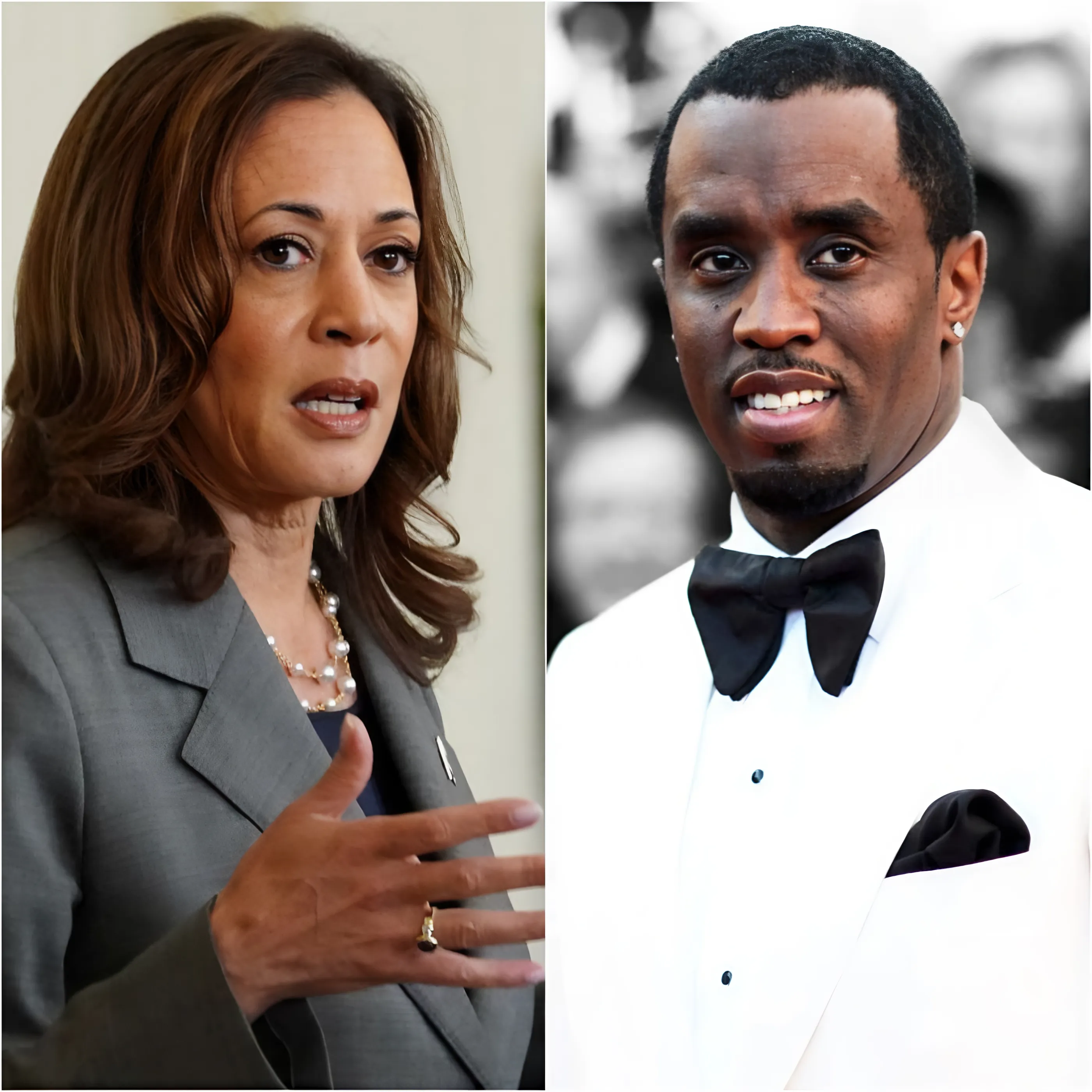A new rumor making the rounds claims that Vice President Kamala Harris’s team has spent more than $5 million to remove all images of her with rapper and entrepreneur Sean “P. Diddy” Combs from the internet. But before we dive into the world of conspiracy theories, we need to ask—how much of this is true, and how much is fiction?
According to the claim, Harris’s team is determined to “bleach” any connection between her and P. Diddy, sparing no expense to have photos and other digital traces deleted from various online platforms. This $5 million effort supposedly includes scrubbing social media, news sites, and search engines to erase any evidence of their relationship.

If you’re someone who tends to believe every conspiracy that pops up online, then you might think this is real. People who thrive on these stories are quick to spread such claims, even without any actual proof. However, for those who take a more rational approach and check their facts, a quick Google search will tell you that this rumor is far from true.
There’s no solid evidence that Harris’s team is engaging in any such operation, and no credible sources back up this claim. In fact, it’s highly unlikely that such an initiative, if it existed, would go unnoticed by the media. It’s just another exaggerated story feeding into the online echo chamber.
Conspiracy theories like this one persist because they play on people’s emotions and existing biases. In today’s hyper-connected world, misinformation spreads faster than ever, and people often believe what aligns with their preconceived notions. These rumors are crafted to spark strong reactions, be it outrage or suspicion, and they thrive because they are hard to disprove to those who are already convinced
There is no $5 million internet purge of Kamala Harris’s images with P. Diddy. This is just another conspiracy theory with no factual basis, designed to stir up controversy and confusion. For those who take the time to think critically and do their research, it’s clear that this claim is nothing more than a baseless rumor.
In an age where misinformation is rampant, it’s important to question the stories you come across—especially when they sound too wild to be true.